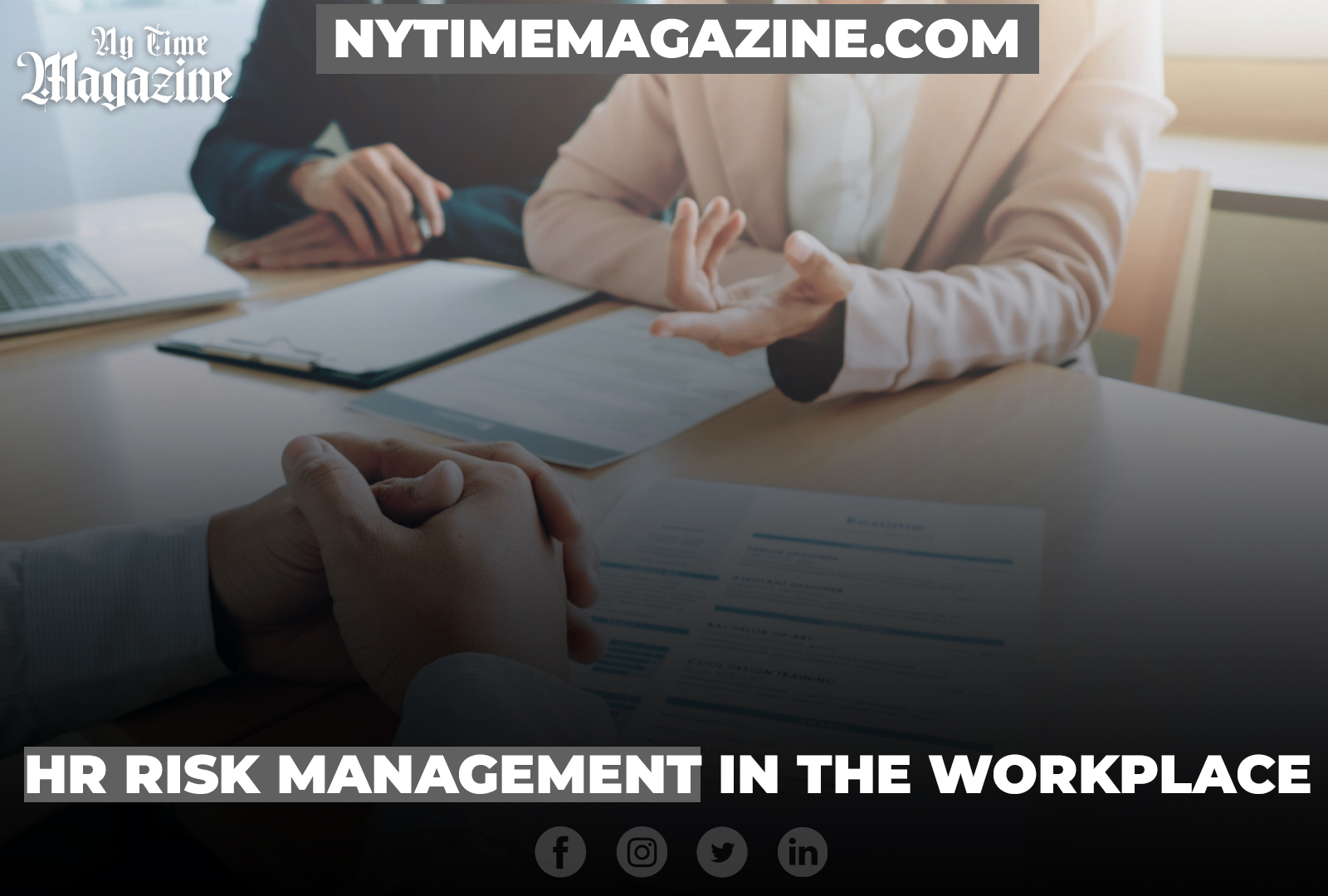In the realm of small businesses, the concept of employee risk management services might be unfamiliar to many entrepreneurs. However, delving into the realm of outsourcing HR risk management, often termed employee risk management services, can prove remarkably advantageous. This service aims to curtail the risk of employee injuries, including those leading to workers’ compensation claims. Here’s how your business can thrive by entrusting this responsibility to a specialized service:
Contents
1. Safeguarding Employee Well-being
Engaging an employee risk management service is instrumental in prioritizing the safety of your workforce. Professionals from these services meticulously assess your office, warehouse, or workspace, focusing on tasks performed by your employees. Their keen observation identifies potential hazards, encompassing both direct actions and repetitive motions. Subsequently, they compile a comprehensive report outlining existing employee risks and suggesting actionable steps to mitigate them. While you could attempt this task independently, outsourcing offers a fresh perspective, often detecting hazards that might escape untrained eyes.
2. Ensuring Regulatory Compliance
Navigating workplace safety regulations is a complex maze involving adherence to rules by OSHA and various local authorities. Staying abreast of these evolving regulations is challenging, especially given recent changes. By hiring an HR risk management service, you tap into their expertise. They possess an in-depth understanding of compliance requirements and can guide you through the applicable rules, ensuring their seamless integration into your workplace. This proactive approach protects you from potential fines or even business closure due to non-compliance.
3. Shielding Customers and Clients
Beyond safeguarding employees, HR risk management plays a pivotal role in shielding your customers and clients from injuries while on your premises. Injuries sustained by visitors can lead to costly legal battles. These services meticulously inspect areas frequented by customers, identifying potential hazards such as trip-and-fall or slip-and-fall risks. Their detailed report outlines these hazards and recommends actionable changes, minimizing both physical risk to your clients and legal liability to your business.
4. Efficient Workers’ Compensation Handling
In the unfortunate event of an employee injury, HR risk management services prove invaluable. They streamline the workers’ compensation process, managing the intake procedures, filing claims with your workers’ compensation insurance provider, and overseeing medical care coordination. Furthermore, they maintain ongoing communication with the workers’ compensation claims company, ensuring you remain informed about the employee’s recovery progress, necessary workplace modifications, and negotiate fair settlements when required.
In conclusion, injuries among employees can profoundly impact a small business, affecting morale, productivity, and finances. While absolute prevention might not always be feasible, employee risk management services significantly reduce the occurrence of workplace injuries. Moreover, they enhance the efficiency of the claims process, minimizing disruptions to your business operations. Reach out to a reputable risk management service today to explore the myriad benefits this specialized expertise can bring to your business.
FAQs
1. What exactly is HR risk management, and why is it important for businesses?
HR risk management involves identifying, assessing, and mitigating potential risks related to employees and the workplace. It’s crucial for businesses as it ensures the safety of employees, compliance with regulations, and protection against legal liabilities.
2. How can HR risk management services help my business minimize workplace injuries?
HR risk management services assess workplace conditions, identify hazards, and suggest preventive measures. By implementing their recommendations, businesses can significantly reduce the likelihood of workplace injuries.
3. What types of regulations and compliance standards should my business be aware of regarding workplace safety?
Businesses need to adhere to various regulations, including those set by OSHA and local authorities. HR risk management services are well-versed in these standards and can guide businesses to ensure full compliance.
4. Can HR risk management services also help prevent customer and client injuries on my premises?
Yes, HR risk management services conduct thorough assessments to identify potential hazards for customers and clients. By addressing these risks, businesses can minimize the chances of injuries to visitors.
5. What steps can I take to maintain a safe workplace environment on an ongoing basis?
Regular training, hazard assessments, implementing safety protocols, and promoting a safety-conscious culture among employees are vital steps in maintaining a safe workplace environment.
6. How do HR risk management services assist in streamlining workers’ compensation claims?
HR risk management services handle the entire workers’ compensation process, from initial documentation to coordinating medical care. Their expertise ensures efficient handling of claims, minimizing the impact on the business.
7. Are there specific industries or businesses that benefit more from HR risk management services?
While all businesses can benefit from HR risk management, industries with higher physical risks, such as construction and manufacturing, find these services particularly valuable. However, any business with employees can benefit from proactive risk management.
8. What role does employee training play in HR risk management, and how often should it be conducted?
Employee training is pivotal in HR risk management. Regular training sessions, ideally conducted annually, keep employees updated on safety protocols, hazard awareness, and emergency procedures, ensuring a safer workplace.
9. Can HR risk management services help in reducing insurance costs for my business?
Yes, by minimizing workplace injuries and ensuring compliance, HR risk management services can lead to lower insurance premiums. Insurers often offer reduced rates to businesses with strong risk management practices.
10. How can I find a reliable HR risk management service for my business, and what criteria should I consider when choosing one?
Researching online reviews, checking credentials, assessing experience, and contacting previous clients are excellent ways to find a reputable HR risk management service. Additionally, consider their expertise in your specific industry and their ability to tailor services to your business needs.



